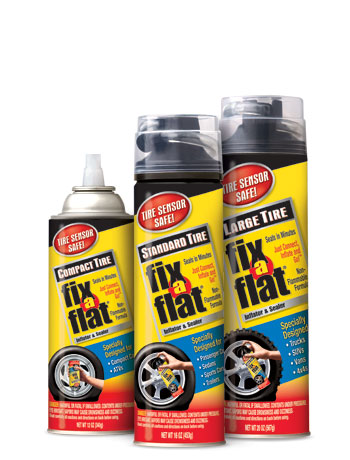What safety issue do you worry about? The trailer pictured appears to be a good match for your boat. What is the trailer's load carrying capacity? Adding an axle to your existing trailer frame is a question for Wesco ... call them to satisfy your curiosity. I suspect that you'll be told that you don't need to ... nor can you properly do so. The 2nd axle would add load carrying capacity, but do you need that?
The 2nd axle would add weight to your rig (consider wheels, tires, brakes and suspension components too) making it just that much heavier for your tow vehicle. Properly set up with a fixed percentage of the total trailer weight on your trailer tongue, adding an axle will actually increase your tongue weight and the corresponding load on your hitch. For the sake of example: assume that your boat and trailer combination weighs 5,000 lbs. and that you're set up with 10% of that as your tongue weight (500 lbs.) and the remaining 4,500 lbs. supported by your trailer's axle. If you add 500 lbs. for a 2nd axle with all it's components, your boat and trailer combination now weighs 5,500 lbs. To maintain the same 10% tongue weight distribution, your tongue weight will be increased to 550 lbs. (50 lbs. more than it was before). If you're concerned about your trailer's tongue weight, you may adjust it by moving your boat's position on the trailer, moving the axle's position on the trailer frame, or doing a little bit of both. No worries!




